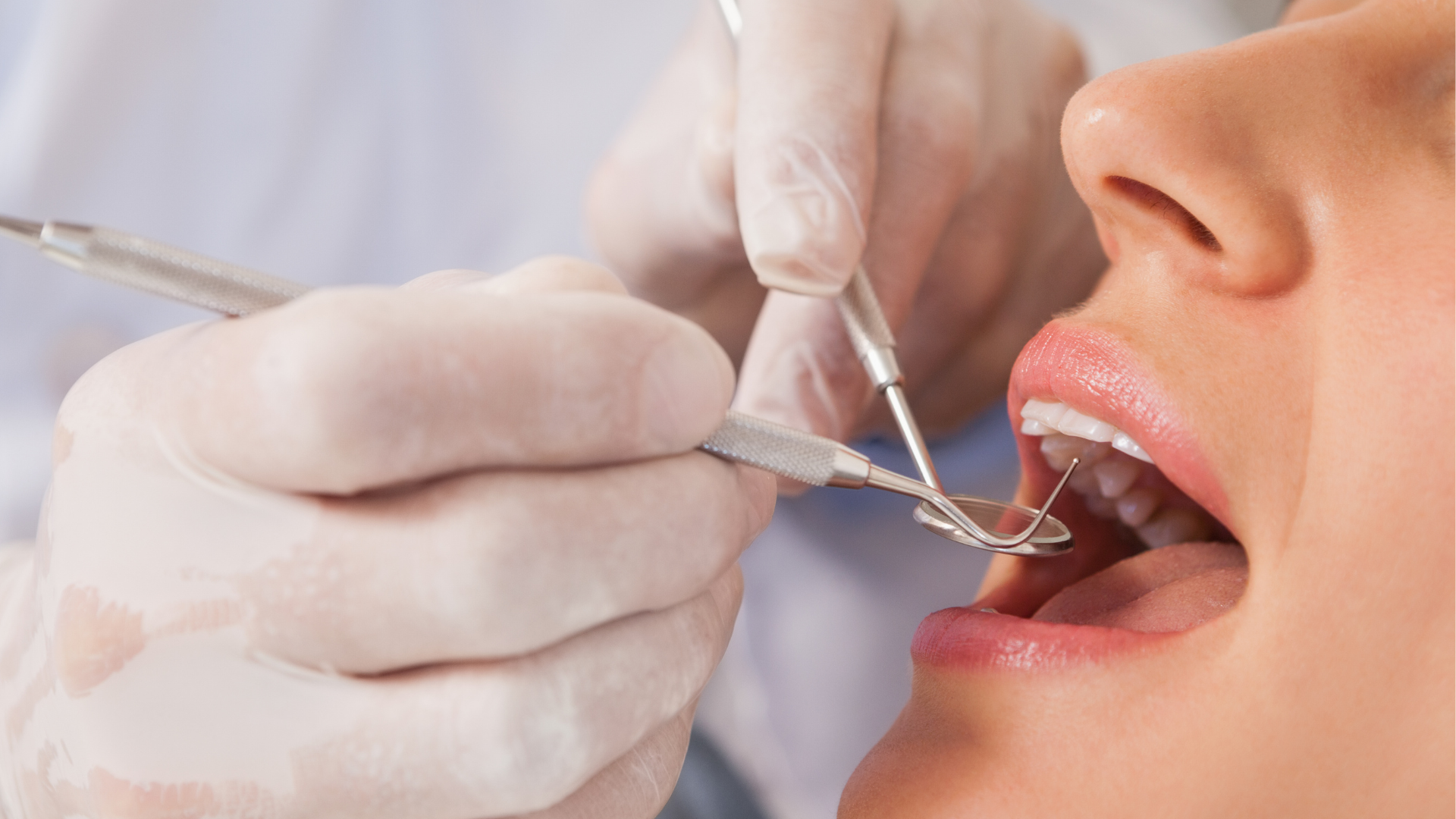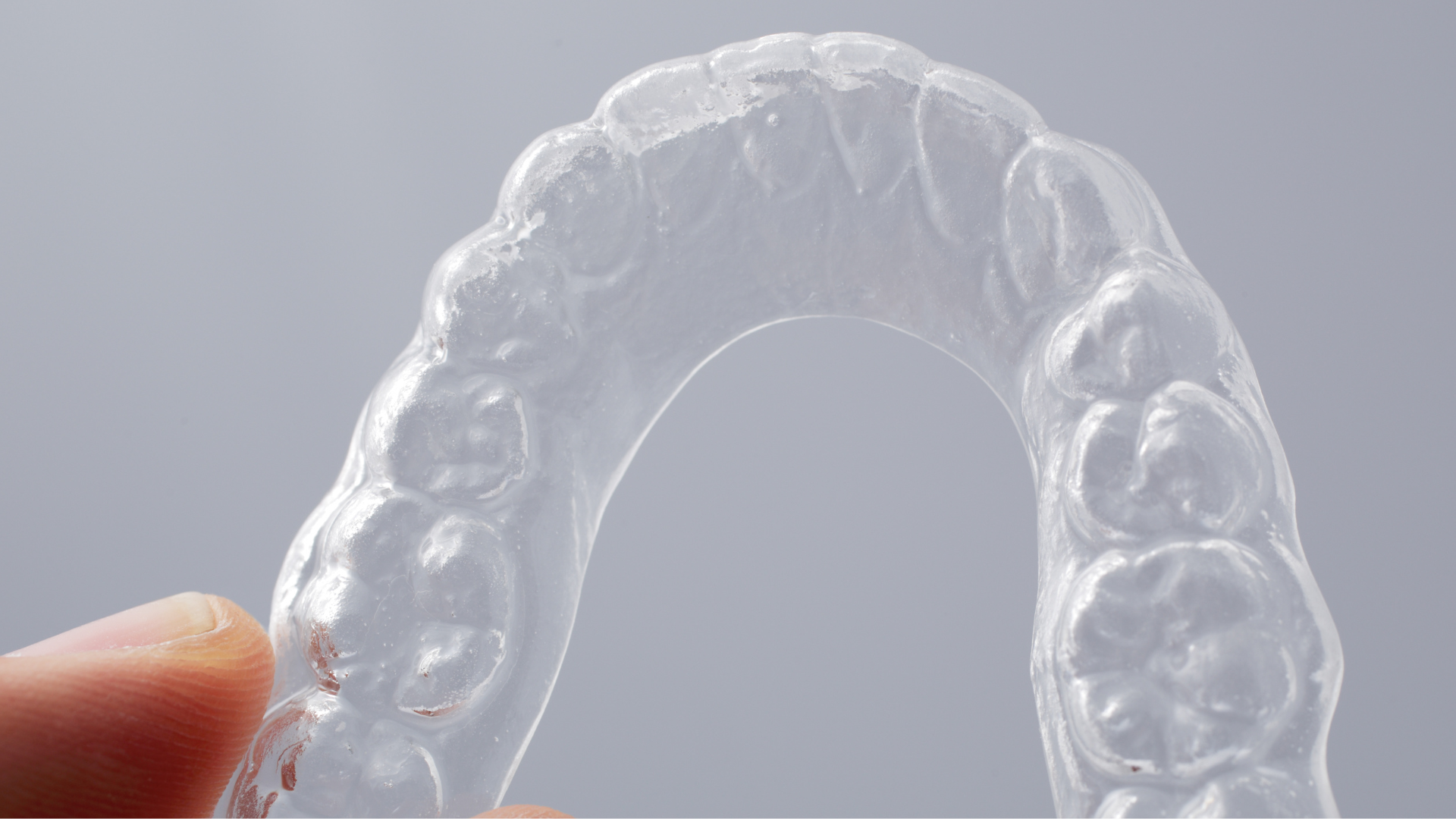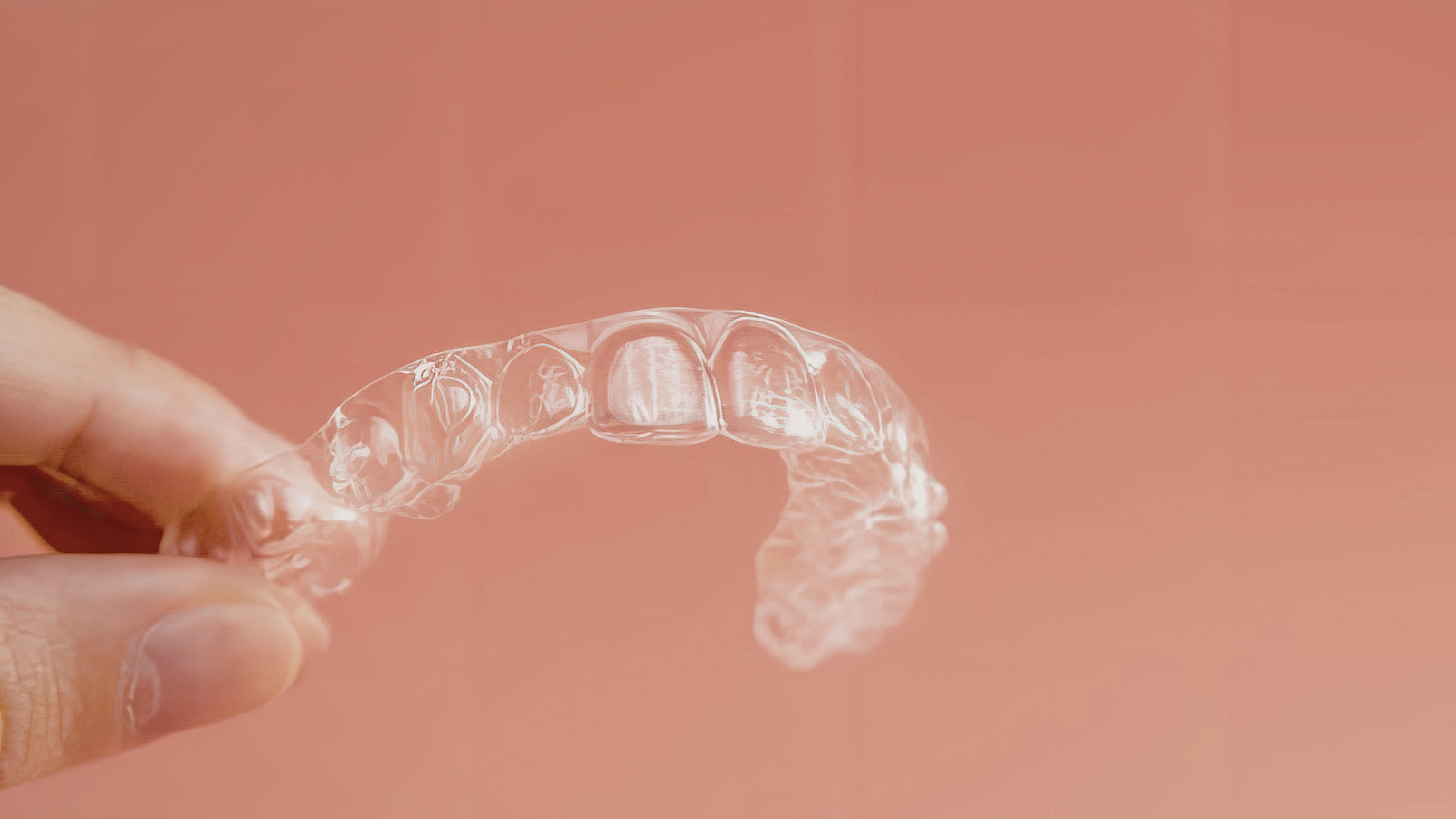Caring for Your Veneers: Tips to Keep Your Smile Flawless
Dental veneers can transform your smile, but their longevity and sparkle depend on proper care. Neglecting maintenance can lead to staining, chips, or premature replacement. In this guide, we’ll cover expert strategies—from daily cleaning routines to professional check-ups—to ensure your veneers remain as stunning as the day they were placed.
Understand Your Veneer Material
Veneers are crafted from either porcelain or composite resin, each with unique care requirements. Porcelain veneers resist staining better but require gentle handling to avoid chips. Composite veneers bond directly to tooth enamel and may need more frequent polishing to maintain shine. Knowing your veneer type helps tailor your care routine. For more on veneer materials, see the American Academy of Cosmetic Dentistry’s veneer overview.
Establish a Consistent Oral Hygiene Routine
Maintaining impeccable oral hygiene is the foundation of veneer care. Brush twice daily with a soft-bristled brush to remove plaque without scratching the veneer surface. Floss once daily, carefully guiding the floss between veneers and natural teeth to prevent gum inflammation. Use an alcohol-free, fluoride mouthwash to rinse away lingering bacteria. This routine protects both your veneers and underlying teeth from decay and discoloration.
Choose the Right Dental Products
Not all toothpaste and brushes are veneer-friendly. Avoid abrasive whitening pastes and baking soda formulas, which can dull porcelain’s lustrous finish. Instead, select non-abrasive, low-fluoride toothpaste recommended by your dentist. Opt for soft or extra-soft toothbrushes to minimize stress on the veneer margins. Consider a water flosser for gentle cleansing around the gum line without risking veneer edges.
Protect Veneers from Physical Damage
Veneers are strong but not indestructible—avoid using your teeth as tools. Steer clear of biting ice, hard candy, or pen caps, which can chip even high-quality porcelain. If you play contact sports, always wear a properly fitted mouthguard to shield veneers from impact. Even everyday habits like opening bottles with your teeth can compromise veneer integrity over time. Cultivating mindful behaviors safeguards your investment.
Manage Teeth Grinding and Clenching
Bruxism, or nighttime grinding, places excessive force on veneers, causing fractures or loosening. If you suspect you grind your teeth, ask your dentist about a custom nightguard to cushion your veneers and enamel. Stress-relief techniques—such as progressive muscle relaxation or biofeedback—can also reduce unconscious clenching. Addressing bruxism early prevents small cracks from evolving into costly repairs.
Minimize Staining Agents in Your Diet
While porcelain veneers resist most stains, the surrounding enamel and bonding resin can discolor. Limit consumption of coffee, tea, red wine, and dark sauces to preserve uniform color. Rinse your mouth with water after meals that include staining foods, and brush within 30 minutes to prevent pigment penetration. For composite veneers, professional cleanings help maintain their original hue—see Colgate’s guide to veneer stain prevention.
Stay Vigilant with Regular Dental Visits
Biannual dental checkups are essential for veneer maintenance and overall oral health. During these visits, your dentist can professionally polish veneers, examine margins for gaps, and screen for underlying issues like decay. Regular cleanings remove calculus that can discolor veneer edges. Early detection of potential problems—such as slight bonding failures—allows for minor fixes rather than full veneer replacements.
Handle Minor Chips and Cracks Promptly
Even with careful care, veneers may occasionally chip from unexpected trauma. If you notice a small fracture, contact your dentist immediately rather than waiting for it to worsen. Quick application of dental wax can protect the chip site and reduce sensitivity until you receive professional repair. Timely intervention often allows for simple composite bonding instead of replacing the entire veneer.
Be Cautious with Whitening Products
Over-the-counter whitening kits and strips affect only natural enamel, not veneers, potentially creating a two-tone appearance. If you wish to brighten your smile, discuss in-office options—like professional bleach or gentle polishing—that ensure even color without damaging veneers. Consult your dentist before adding any whitening regimen to avoid compromising veneer bonding or translucency.
Monitor Veneer Longevity and Plan Replacements
Veneers typically last 10–15 years, but their lifespan varies based on care, bite forces, and material quality. Keep a maintenance log detailing any repairs, polishings, or adjustments to track wear over time. When veneers are near the end of their service life, proactive replacement prevents sudden failures and maintains a flawless smile continuum. Discuss a replacement timeline with your dentist to plan for seamless updates.
Scenario: A Day in the Life with Well-Cared-For Veneers
Imagine Emma, whose porcelain veneers remain bright five years after placement. She follows a disciplined routine—brushing with soft brushes, avoiding soda, and wearing a nightguard. Her semiannual checkups include gentle veneer polishing, ensuring no stain buildup at the margins. When she samples red wine at a friend’s wedding, she rinses and brushes promptly, confident her smile will dazzle. Emma’s example shows that diligent care ensures veneers look “new” for years.
Scenario: A Day in the Life with Well-Cared-For Veneers
Imagine Emma, whose porcelain veneers remain bright five years after placement. She follows a disciplined routine—brushing with soft brushes, avoiding soda, and wearing a nightguard. Her semiannual checkups include gentle veneer polishing, ensuring no stain buildup at the margins. When she samples red wine at a friend’s wedding, she rinses and brushes promptly, confident her smile will dazzle. Emma’s example shows that diligent care ensures veneers look “new” for years.
Conclusion: Your Path to a Confident Smile
Caring for your veneers requires mindful daily habits, the right tools, and professional support. By following these expert tips—ranging from diet modifications to bruxism management—you’ll protect your smile investment and enjoy flawless results. If you have any questions or are ready to enhance and maintain your veneers, please reach out to our team. We’re here to help you keep your smile at its absolute best!





